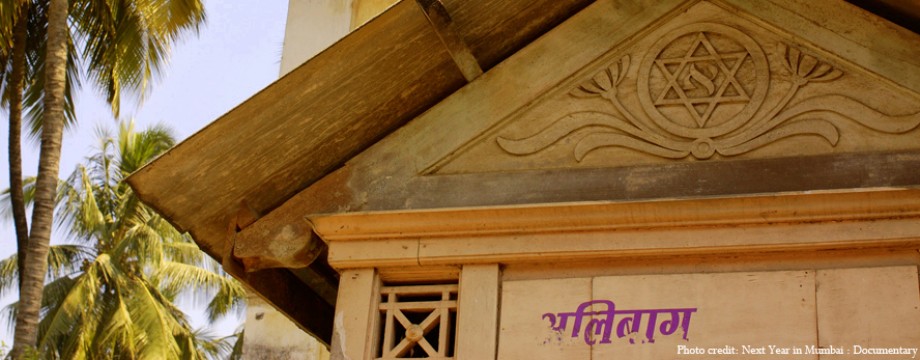Zubin Mehta is on the phone with an old buddy for the first few minutes of our encounter (who, it turns out, is a grandson of Muhammad Ali Jinnah, the founder of Pakistan). Mr. Mehta’s acquaintance is an Indian Zoroastrian—or Parsi—and the two are planning supper after the maestro and his Israel Philharmonic Orchestra conclude their Carnegie Hall concert that night. They communicate in Gujarati, the Parsis’ adopted language after fleeing persecution in increasingly Islamized Persia in the ninth century and seeking refuge in western India.
Mr. Mehta looks to me, moderately angry when he’s finished preparing dinner. “New York is a pleasant surprise. He claims that all of the restaurants close around 10:30 p.m. He had requested an 11 p.m. table at a popular restaurant the night before, but “they responded, ‘We cannot serve you that late, we are unionized.’” He’ll be dining at a reputable Indian restaurant tonight, which is happy to accommodate a late-dining star. He assures me, “It’s delicious food,” and adds, in a very Indian way, “Give them our name if you go.” They’ll pay greater attention then.”
Mr. Mehta is the musical director of the Israel Philharmonic Orchestra, an orchestra with which he has worked and lived for more than 50 years and with which he is traveling the United States for the last time. He’s still a master with more raw energy than anyone else wielding a baton at the age of 81. He’s also the same age as his orchestra, which was created in 1936 by Bronislaw Huberman, a Polish violinist who made it his mission to locate Jewish artists put out of employment by the Nazis honorable work in Palestine.
Source: https://www.wsj.com/articles/from-india-to-israel-making-beautiful-music-1510354825


